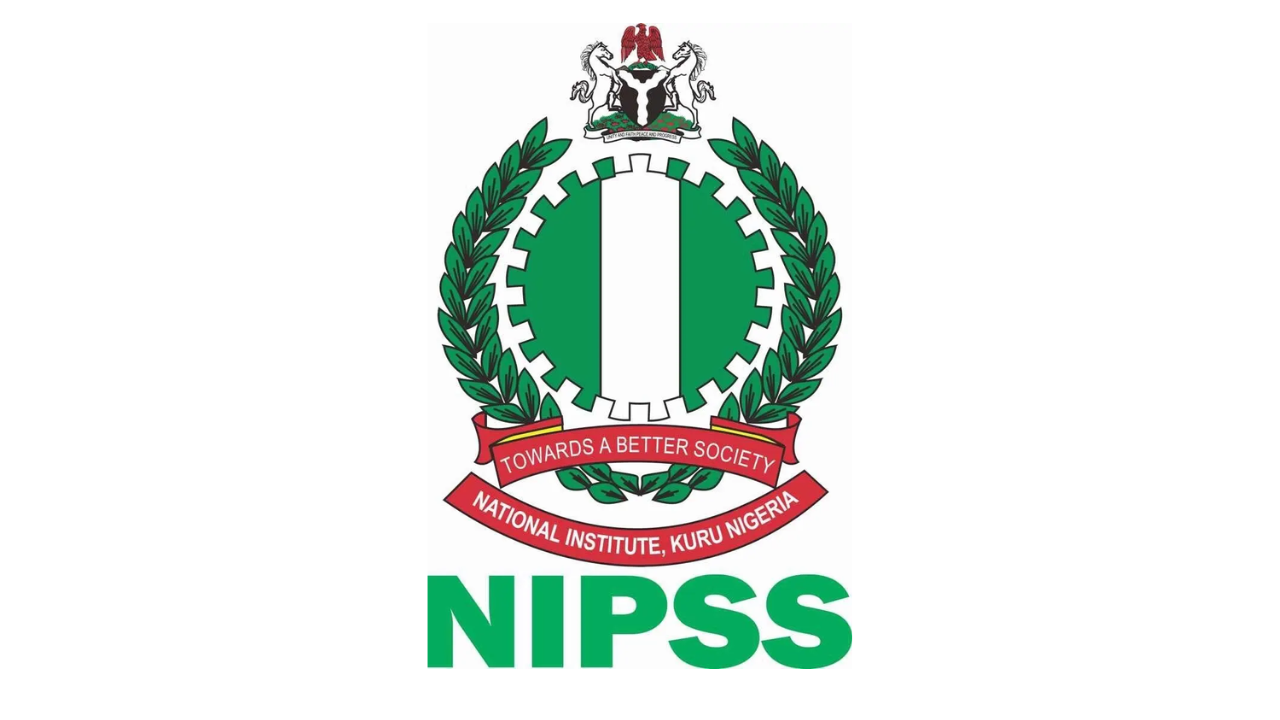Why Nigeria can’t apply death penalty to corruption – NIPSS DG
The Director General of the National Institute for Policy and Strategic Studies (NIPPS), Prof. Ayo Omotayo, has said that Nigeria has not reached the stage where the death penalty would be applied to cases of corrupt practices. He said this on Thursday in Abuja at the sidelines of the Validation of Curriculum on ‘Institutionalizing Behavior-Change […]

The Director General of the National Institute for Policy and Strategic Studies (NIPPS), Prof. Ayo Omotayo, has said that Nigeria has not reached the stage where the death penalty would be applied to cases of corrupt practices.
He said this on Thursday in Abuja at the sidelines of the Validation of Curriculum on ‘Institutionalizing Behavior-Change Approaches to Reducing Corruption in the Public and Private Sectors in Nigeria’ organised by the institute.
“Corruption has levels. If a policeman takes a bribe of N100 from you that is a corrupt practice, would you then execute someone for taking N100 from you? So corruption has levels.
“So killing people for corrupt practices is not something that we would want to encourage. We are at a level where we believe that we need behavioral change and we believe that if we can eradicate corruption events to a 50 percent level, our society will be okay.
Senate seeks probes of death of one-chance victim rejected by Abuja hospital
Tinubu’s certificates: Join me to unearth truth, Atiku tells Obi, Kwankwaso
The DG said the easiest way to change the attitude of a society is through education hence, the need for the curriculum.
Presenting the curriculum, Prof. Plangsat Dayil of the University of Jos said the curriculum has seven modules, which include Theories and Practices for Behavior Change Initiatives in Nigeria; Social Norms Approach to Reducing Corruption in the Public and Private Sectors in Nigeria; and Behavioral Approaches to Reducing Corruption in the Public and Private Sectors in Nigeria.
Also, the National Chairman of the Inter-Party Advisory Council (IPAC), Yabagi Yusuf Sani, said that all the modules in the curriculum were relevant to political parties.
